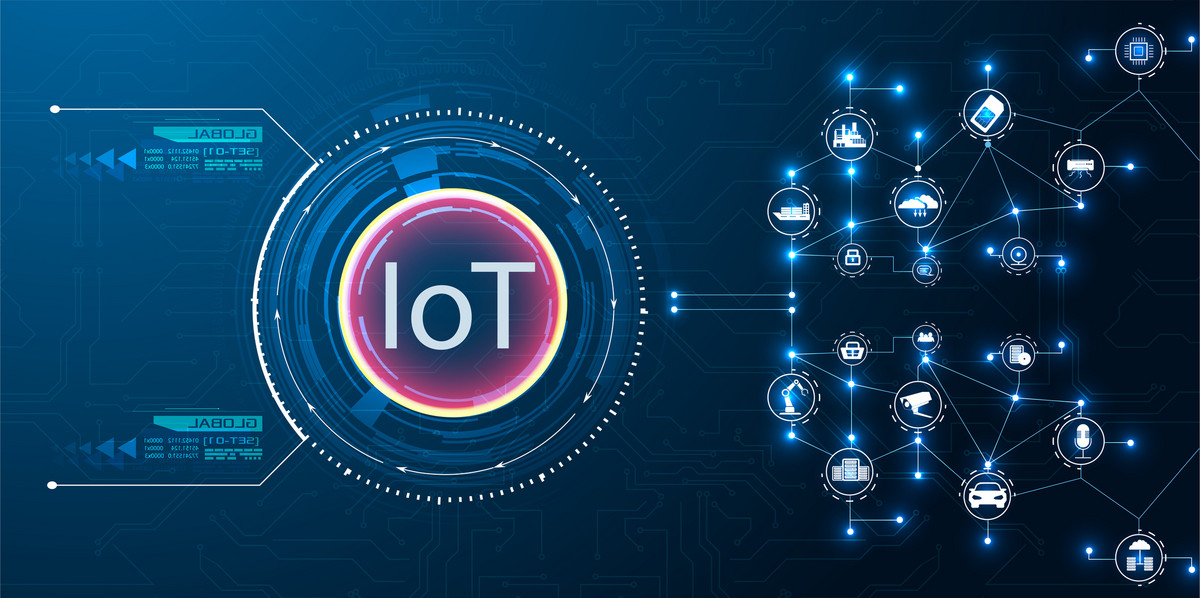Overview
Recommendations
Next Steps
Social media
Insights for Those in MBA School

Technology can play a key role in boosting productivity and improving collaboration, impacting almost every industry and business. As a result, new technologies can significantly impact the future of project management—changing responsibilities and expectations.
The Internet of Things, or IoT, is a network of devices or sensors that connect with each other over the Internet. These devices or sensors send data to the cloud, which then gets processed automatically to generate specific actions without the user’s input. IoT networks can significantly improve efficiency, making them a popular choice for many businesses. In fact, research shows that around 75 billion IoT devices are expected to be installed by 2025.
Here are some insights on how the IoT can be used to impact project management.
By design, IoT devices can create a connected workplace that makes it easier to monitor and control operations. Using IoT sensors and connected equipment in this way helps project managers receive real-time information that enhances their productivity—allowing them to make more accurate and efficient decisions.
For instance, IoT sensors can be put in place to help project managers assess maintenance needs or address interruptions in various operations as soon as they occur. However, the adoption of these new devices introduces new responsibilities. Successful project managers will need to focus more on security, ensuring that IoT devices are well-protected against malicious attacks or data leaks. This can lead to cybersecurity being a key aspect of project management.

A major benefit of using IoT devices is the ability to efficiently gather valuable data. Professionals with an MBA in project management can take advantage of the IoT to reduce their workload and streamline their data organizing and reporting efforts. As a result, project managers will no longer need to manually collect data reports in order to glean insights on what needs to be addressed. Instead, the devices themselves will provide actionable data.
Collaboration is an important part of maximizing the benefits of the IoT. Here, IoT devices can be connected to project management systems to help managers better coordinate their operations. It can also help them gather and share more data at a faster rate, boosting agility and accuracy while decreasing the chances of project failure. That’s because IoT data can be easily cross-referenced against data from past projects, improving the decision-making process across teams.

After attending an MBA school, you’ll be able to apply the latest methods to handle various situations in project management. As more businesses continue to adopt IoT devices, you can anticipate higher expectations from stakeholders—who now have quicker access to project data. Here, communicating with stakeholders and contextualizing the data will likely become a more important task.
For this reason, project managers may want to equip their team with the ability to properly analyze data. This can enhance communication with all stakeholders, leading to smoother operations that can more efficiently meet rising expectations.
Are you interested in taking business courses?
Contact WU Executive Academy for more information!